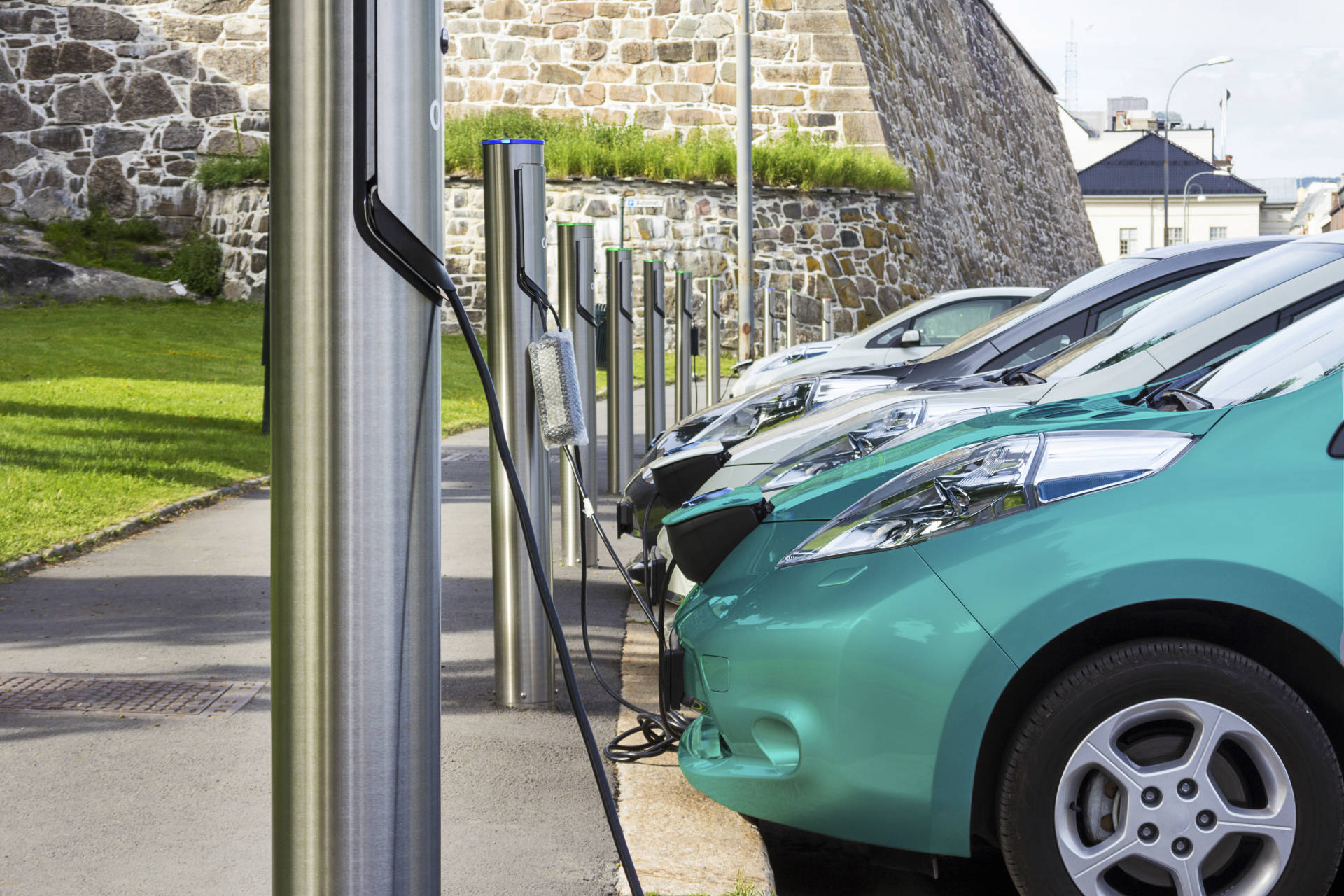New research: Hospitality industry needs to up its game to keep pace with rapidly growing EV market
Our new research has revealed that many hospitality businesses in the UK don’t yet have enough electric vehicle (EV) charging facilities to capitalise on opportunities to increase revenue.
Read on for the latest findings and guides for hospitality businesses looking to get fully charged.

The study, which looked at a range of sectors including hotels, restaurants and leisure parks, found that many venues are yet to install any EV charge points for their customers. Those that have, usually have just two charge points.
This is despite battery electric vehicles (BEVs) accounting for more than one in 10 new vehicle registrations in May, and company-owned BEV registrations increasing 77% in the first quarter of this year compared to 2021.
By 2030, forecasts by the National Grid Future Energy Scenarios suggest that EVs will account for one third of all road vehicles, underscoring the urgency for businesses to offer more charging for their customers.
Hotels and museums were found to have the same average number of charging points (two) as restaurants and pubs, despite generally having larger carparks.
Our research found that if businesses want to keep up with the rapidly growing EV market, at least one in every 10 parking spaces should be an EV charge point, with that number increasing to one in five over the next five years, as EVs become more commonplace.
“If hospitality businesses want to keep pace with the rapidly growing EV market, it’s vital they invest now to build a reputation for offering good EV charging facilities,” commented Adam Hall, Director of Energy Services at Drax.
“We recommend one EV charge point for every 10 parking spaces, with that ratio increasing to one in five over the next five years”
“It’ll quickly give these businesses a competitive advantage, attracting potential new customers and better serving their existing ones when they eventually make the switch. Hospitality venues provide the perfect location for EV drivers to top up when they’re not at home, as they already have a purpose and incentive for visiting.
“As well as the customer benefits, EV charging also presents businesses with an opportunity to encourage customers to spend more during their visit, as drivers are likely to spend longer there to get more charge. This could be the difference between them grabbing an extra coffee and making an additional purchase decision. When combined with any profits made for charging, it’s easy to see the return on investment.”
The average time it takes for an EV to charge is normally between 30 minutes and 12 hours, depending on the type of charger. Most hospitality venues offer fast charge points, as these are cheaper to install than rapid chargers, but still allow for a good amount of charge in just over two hours.
To help hospitality businesses find an EV charging solution that works for them, we’ve created a series of help guides for the following industry sectors:
For further information on installing EV charging and other electric vehicle services for businesses, get in touch.
Get in touch


